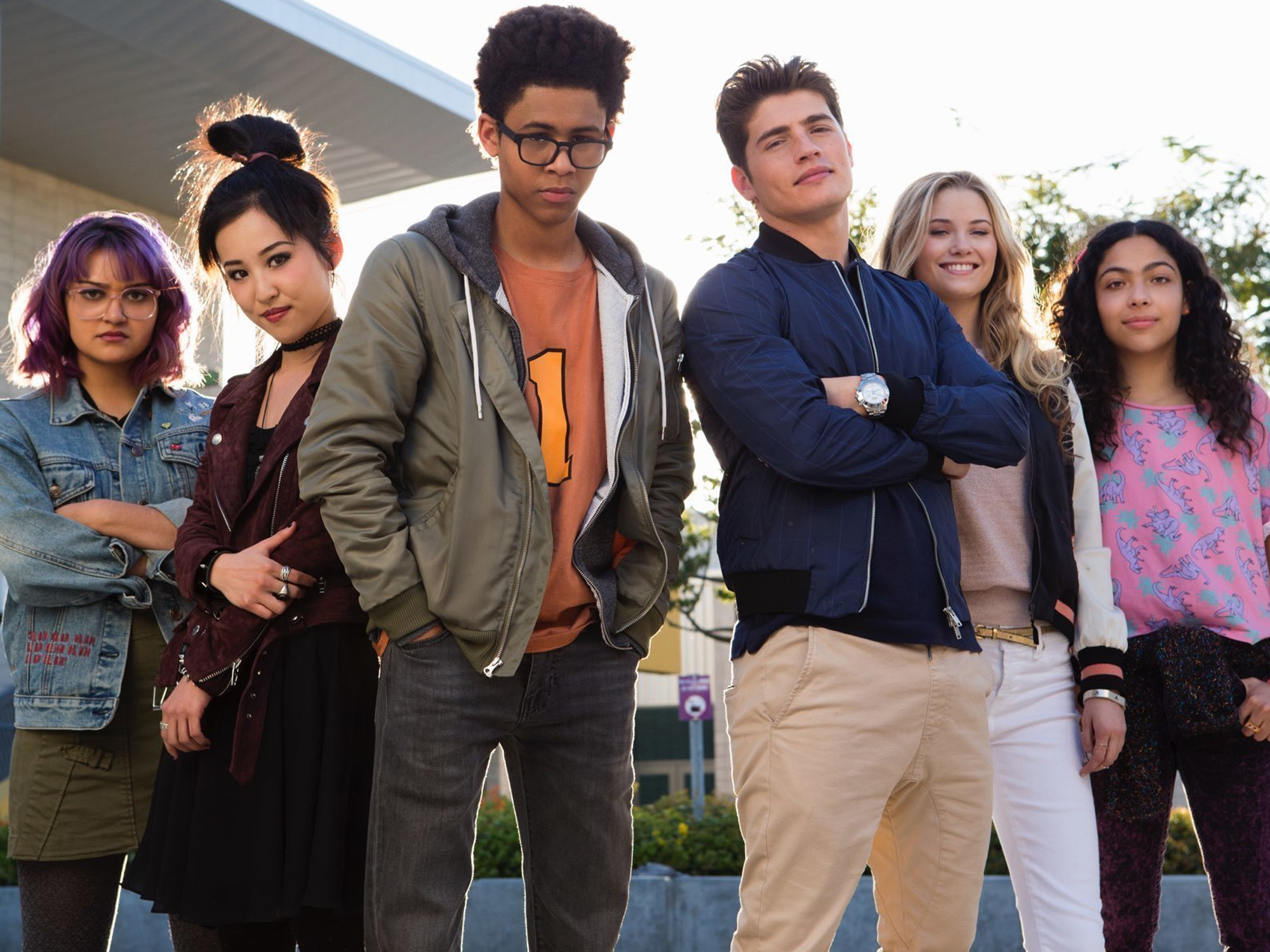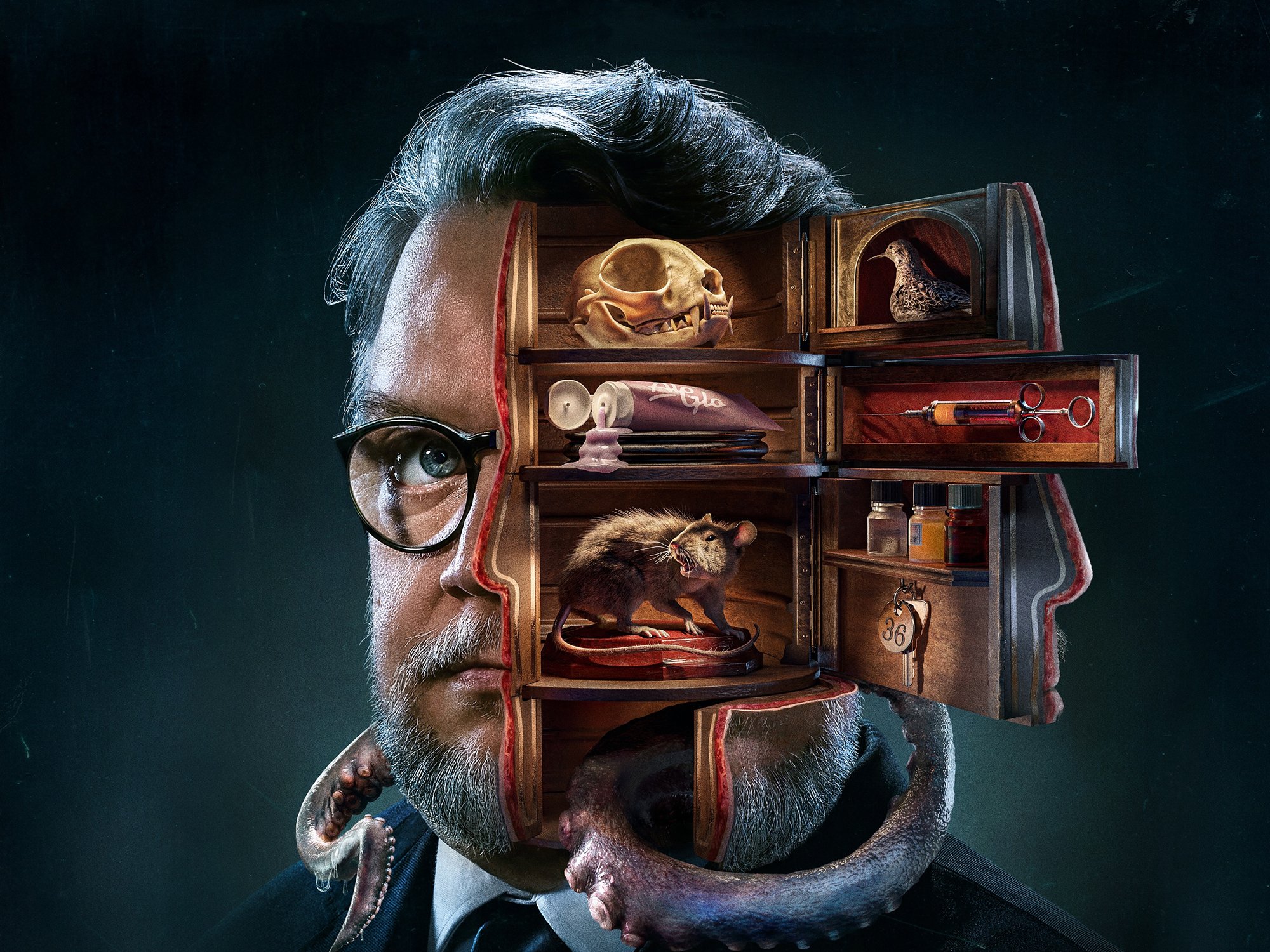TV Review: Runaways Season 1
The Runaways forget to...run away?
Marvel's Runaways fails to capture the magic of its source material. Created by Josh Schwartz and Stephanie Savage of The O.C. and Gossip Girl fame, Marvel's Runaways is an adaptation of the 2003 comic book of the same name by Brian K. Vaughan and Adrian Alphona. While the comic is now considered a classic of the modern Marvel era, this new adaptation can't seem to muster the focus, charm, and creativity of the original. A disclaimer: as a huge fan of the original comic, it is impossible for me to review this show objectively. If you are looking for a review that can judge this show on its own merits, this one may not be for you. Mild spoilers ahead...
Brian K. Vaughan and Adrian Alphona's Runaways was one of the first comic books I ever read. Just out of high school in 2004, I was enamored with its sharp writing, twisty plotting, and beautiful art, and I instantly connected with the plight of the young heroes as they discover that their parents are secretly supervillains. Flash forward over a decade, and Josh Schwartz and Stephanie Savage (The O.C., Gossip Girl) have adapted the comic to TV on the streaming platform Hulu.
The basic premise of the show adheres closely to the comic: a group of high schoolers that used to be close friends but have since drifted apart, gather together one night and accidentally discover that their parents are members of a villainous cabal called PRIDE. However, fans of the original will find that the screen version has changed many aspects of the source material, and to my disappointment, not all for the better. Schwartz and Savage are talented television veterans - and on paper, the changes made to the structure and story of Runaways are inspired. Unfortunately, the execution and reality of said changes is a different story. Almost immediately noticeable, one of the biggest changes is a secondary focus on the villainous parents and their activities in PRIDE. The first volume of the Runaways comic is a brisk 18 issues with barely enough material for a miniseries, let alone a whole season of television, so the idea to flesh out the antagonists is a good one. But between six teenagers and twelve parents, Schwartz and Savage get carried away with shading the characters, and spending so much time on the parents strips the show of clarity and intent.
The original Runaways comic benefitted greatly from a laser focus and tight plotting: the children were the heroes of the story, their parents were clearly evil, and the stakes were real. When it comes to the adaptation however, things become muddier the more attention is paid to the parents - the show might as well be retitled Runaways and Their Evil But Conflicted Parents. The sympathy that the writers color the parents with only deflates the primary conflict of the show and removes any teeth from what should be a tense and suspenseful series. Spending so much time with PRIDE, never once did I believe they would kill any of the children, let alone their own, no matter how sinister their scheming. Also, it would be one thing if all the time spent with the parents yielded some interesting storylines, but most of them are just tedious wheel-spinners with tired tropes such as affairs, domestic abuse, and shady criminal pasts. This split attention also hurts the characterization of the eponymous Runaways - which brings me to the other problem of the show: the teens themselves.
It's either the writing, the acting, the scattered focus, or a combination of all three, but I struggled to connect with the teens throughout the entire first season. It may be unfair and not quite objective to compare the series to its source material, but the Runaways are such thinly drawn versions of their comic book counterparts that I constantly wondered why so many things got lost in translation. Everything that made each member of the team unique and identifiable is scrubbed, and all that remains are generic and angsty soap opera teenagers. Alex Wilder (Rhenzy Feliz), the de facto leader of the group and cocky tactical genius in the comic, is reduced to a clever high schooler that does little in the way of leading. Gertrude Yorkes (Ariela Barer) fares better with her witty one liners and book-smarts intact from the book, but her feminist leanings are questionably characterized and a blatant device to just be trendy - the writers seem to forget that just spewing buzzwords like "the patriarchy" does not a feminist make. Chase Stein's (Greg Sulkin) expanded relationship with his abusive genius father Victor (James Marsters of Buffy fame) is a welcome change, but gone is his outcast wardrobe and demeanor. His engineering skills and talent are lightly touched upon, but have abruptly taken a backseat to a generic lacrosse jock characterization. Karolina Dean (Virginia Gardner) suffers similarly, as her free spirit and hippie attitude are largely absent, replaced by a sullen church girl routine. Molly Hernandez (Allegra Acosta), the youngest and oftentimes the funniest member of the ensemble in the comic, has inexplicably been aged up to a teenager and stripped of her unfiltered personality. On the other hand, the Runaway adapted most deftly is Nico Minoru (Lyrica Okano). Okano brings a vulnerability to the character that in turn deepens the whole team's dynamics, and while her sister's mysterious suicide is purely an invention of the show, it is one instance of a change that works, even if it is a little melodramatic at times. The cast is a group of fine young actors, and they do admirable work with the material they're given, but the scattershot nature of the story does the characters no favors; one can only imagine how much better the show would be if the teen protagonists were given more screen time to let their characters breathe and develop.
Because the show is spread so thin amongst its huge cast, the central conflict never coalesces the way it should. While the parents were the primary villains in the comic book, their softer characterization on the show dulls much of the first season's urgency and suspense. Jonah, the mysterious big bad played by Julian McMahon (chewing the scenery as always), adds some much needed direction for the plot, but he's a cipher for much of the season. The best parts of the show involve the kids investigating the shady dealings of their parents. The teenage detective work brings a lot of fun to the proceedings, but the show also introduces so many subplots for the parents that are just meandering and distracting. Runaways then spends so much time tying up loose ends among all the individual storylines that by ninth episode, the Runaways still haven't...run away. When Runaways is the title of your show, that tends to be a little problematic.
Runaways should have been a home run for Hulu given the quality of the original comic. I'm all for taking creative liberties when it comes to adaptations, and I'm by no means a stickler for fidelity to source material, but it seems that the producers of the series made a series of overwrought decisions that diluted what made Brian K. Vaughan and Adrian Alphona's original work so special in the first place: a teenage capes story with wit, heart, and thrills. However, Runaways is not a lost cause. The missteps are by no means crippling, and hopefully a second season can put the show on a corrected and upwards trajectory.











